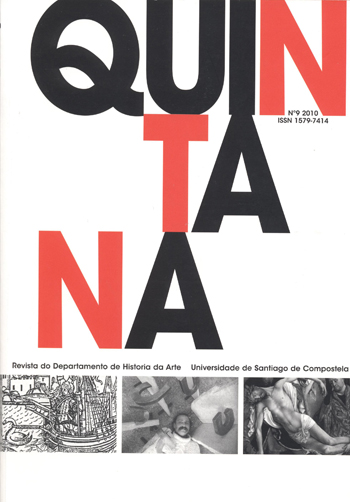No 9 (2010): A balsa de pedra: España e Portugal, Articles
Submitted: 26-04-2012
Accepted: 26-04-2012
Published: 01-05-2012
During the second half of the 1940s, and due in the main to World War II and its immediate aftermath, the traditionalantagonism that characterized the relationship between Spain and Portugal gave way to a strategicalliance that would manifest itself in political, economic and cultural spheres. The film industry was not immuneto this process, and a short but intense partnership was struck up. Although characterised at first by the propagandaof both dictatorships, the latter stages of the period of cooperation were centred on the most populargenre of the time, namely film noir. Analysis of the Portuguese version, the only one left in existence, providesus with some of the key aspects of this film, one of the first examples of Spanish film noir, and offers us cluesas to the possible direction taken by the Spanish version.
Cinematographic co-production, Spain, Portugal, versions, Ladislao Vajda, film noir






